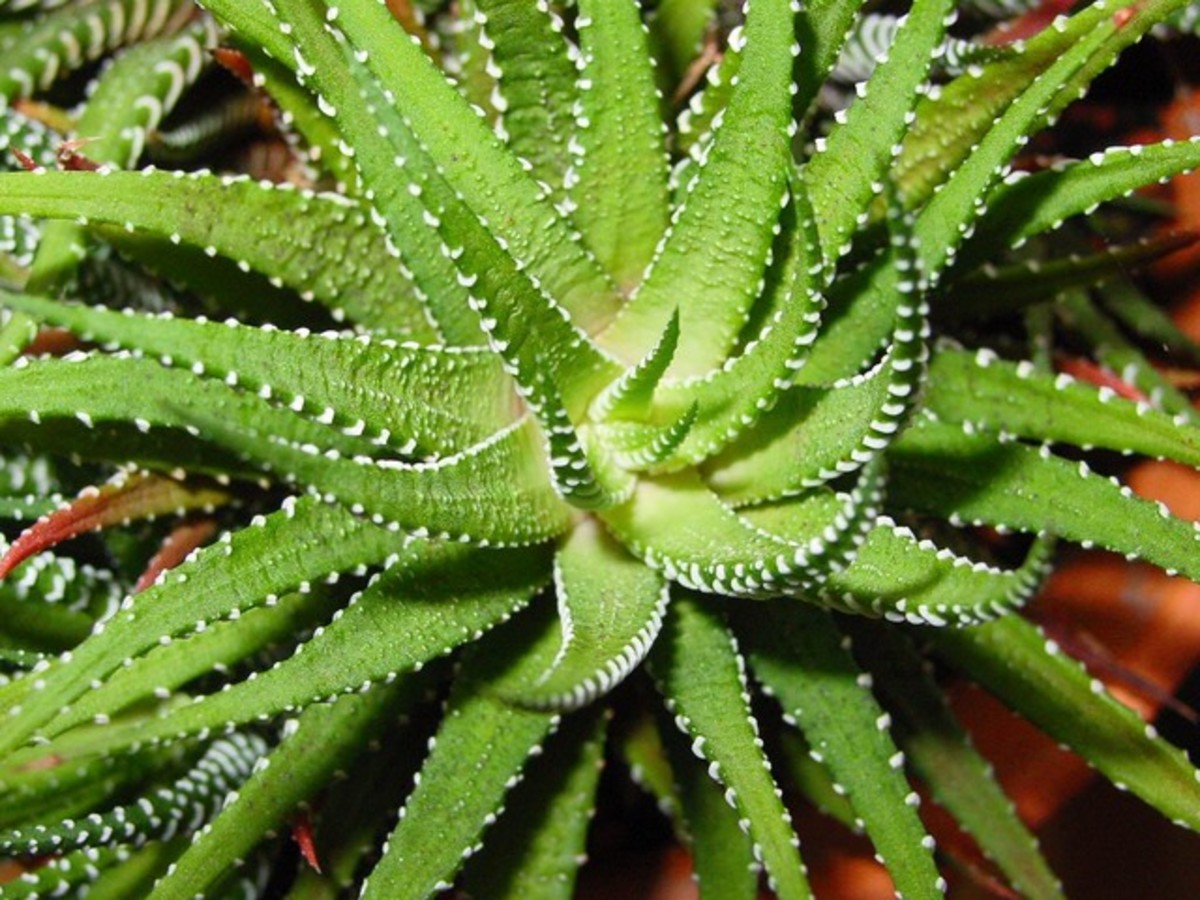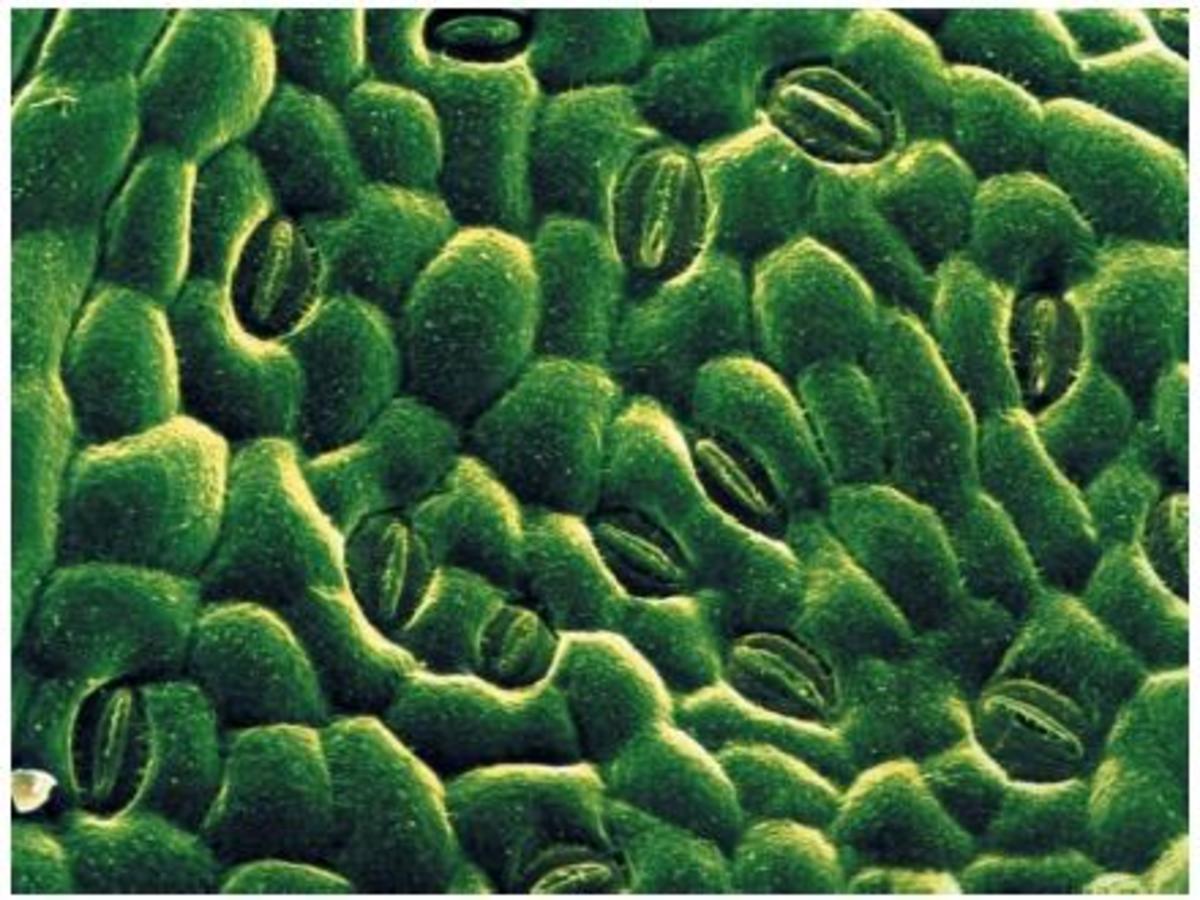Aloe Vera 'The Plant Of Immortality' History Origin and Composition

Aloe barbadensis
The aloe plant has two scientific names. This is due to confusion about the origin of the original plant. The plant is in fact not from Barbados but from the Arabian Peninsula. These plants were grown only in Barbados at that time but now grows anywhere, if the climate is subtropical.. So they changed the name Aloe Vera to Aloe barbadensis (by Philip Miller in 1768). However, this was quite a mouthful. Soon, it became Aloe vera again. It is now officially called the Aloe vera. Aloe vera plant is thus a synonym for Aloe barbadensis.
Lily of the Desert
Aloe Vera has been used for thousands of years in all kinds of health issues.The name Aloe is probably derived from the Arabic word “alloeh” or the Hebrew word “allal” both means “bitter substance". In Africa they call the plant 'Aalwijn' which also means “bitter juice”.
The genus includes about 300 species of Aloe thickened leaves (leaf succulents).
Origin: Africa, Arabian Peninsula
Aloe vera is one of the oldest known medicinal plants. In ancient Greece, the doctors used the plant in their prescriptions while with the ancient Egyptians, the plant was not only used as a medicine, but also as the elixir of life, for skin care and embalming. They called this plant: "The Plant of Immortality". They included this among the gifts buried with the pharaohs.
The powerful healing properties of aloe Vera were first discovered by the ancient Egyptians. They grew aloe vera widely and it is believed that the stories surrounding Cleopatra's infinite beauty circles around the extensive use of this medicinal plant. The Greeks knew Aloe Vera and Alexander the Great was a big fan of this powerful plant. He used this plant as a first aid in the battle. He even conquered the island of Socotra, part of present-day Yemen, purely to stock aloe vera for him and his troops. There are also records of Aloe being used as a medicine by Christopher Columbus in his voyages.

History of Aloe Vera
Burn Plant
The plant is also known as 'Burn Plant', because of its healing properties for burns and other skin irritations and problems. Aloe Vera has 300 different varieties and these beautiful cactus like plant is classified in the family of Lily. Aloe Vera is one of the most nutritious and medicinal plants in the world, thanks to the amazing healing gel that hides in the long spiky leaves of this medicinal plant.
Knowledge of the extraordinary healing properties of Aloe vera plant is transferred to our time through folk tales of ancient medical practices.
Know the power of Aloe
- The Infinite Uses of Aloe Vera 'The Plant of Immortality' - 1
Ancient Egyptians named Aloe vera as the Plant of Immortality. You'll agree to this when you get to know the amazing healing properties of aloe vera plant. Discover the natural remedies by aloe vera... - The Infinite Uses of Aloe Vera 'The Plant of Immortality' - 2
Find out the uses of aloe vera in treating heart burn, digestive problems, frostbite, oral problems, diabetics, cancer, constipation and headaches. Also learn how to buy pure aloe vera products...
What makes it so "Magical"??
The Aloe Vera as well as other plants belonging to the family of succulents, is able to survive in arid and desert climates and has an ingenious technique of storing water. It acts as a living reservoir of the precious liquid. However, the liquid stored by these plants is more than just water, but in fact a gel composed of long chain glyconutrients, called polysaccharides.
What's in the Aloe Vera gel:
- Water
- 20 minerals
- 12 vitamins
- 18 amino acids
- 200 active plant compounds (Phyto nutrients), including:
- Enzymes
- Terpenes (a Phyto nutrient that reduces blood sugar)
- Glyconutrients and glycoproteins
- Polysaccharides including Acemannan, Mannose-6-phosphate and Polymannans
- Phenolic glycosides such as Dihydrocoumarins
- Lignin is the substance help Aloe to penetrate deep into the skin
- Saponen are soapy substances that have strong anti-microbial effect against bacteria, viruses, fungi and thrush.
- Anthraquinones have an antimicrobial effect.
- Choline Salisylaat works analgesic, anti-inflammatory and antipyretic.
In Detail
- Vitamins:
Aloe Vera contains a large amount of vitamins, but the most important are the antioxidant vitamins C, E, B12 and beta carotene (the precursor of vitamin A).
Other vitamins include Vitamin A, B1 (thiamine), B2 (riboflavin), B3 (niacin, niacinamide), B6 (pyridoxine), folacin, folic acid and choline.
- Minerals:
Include magnesium, zinc, copper, chromium, calcium, sodium, iron, manganese and potassium, aluminum, calcium oxalate, chloride, cobalt,sodium, selenium, silicon, tin and zinc.
- Fatty acids such as linoleic, linolenic, myristic, capryline, oleic, palmitic and stearic
- Amino acids
Amino acids are the building blocks of protein. The human body needs. 22 amino acids Aloe Vera gel provides 20 of the 22. More importantly, it provides in 7 of the 8 amino acids, which cannot be produced by the body itself and therefore have to be consumed with food.
- Antiseptic: cinnamic acid, lupeol (natural salicylic acid), phenol, saponins, urea nitrogen, sulfur, resistannol.
- Analgesic: Lapel, magnesium (lactate), anthracene, anthranol, aloetine acid, emodin and aloe-emodin.
- Anti-inflammatory: brady kinase, beta-sitosterol, campesterol, HDL-cholesterol, a newly discovered component acemannan shows a stimulation of the immune defense system
- Enzymes: aliinase, amylase, brady kinase, catalase, cellulase, creatinine phosphokinase, prolactin dehydrogenase, lipase, nucleotidase, oxidase, protease, SGO transaminase and SGP transaminase
- Mono / Polysaccharides: aldonantose, cellulose, glucose, mannose, L-rhamnose, acemannan.






